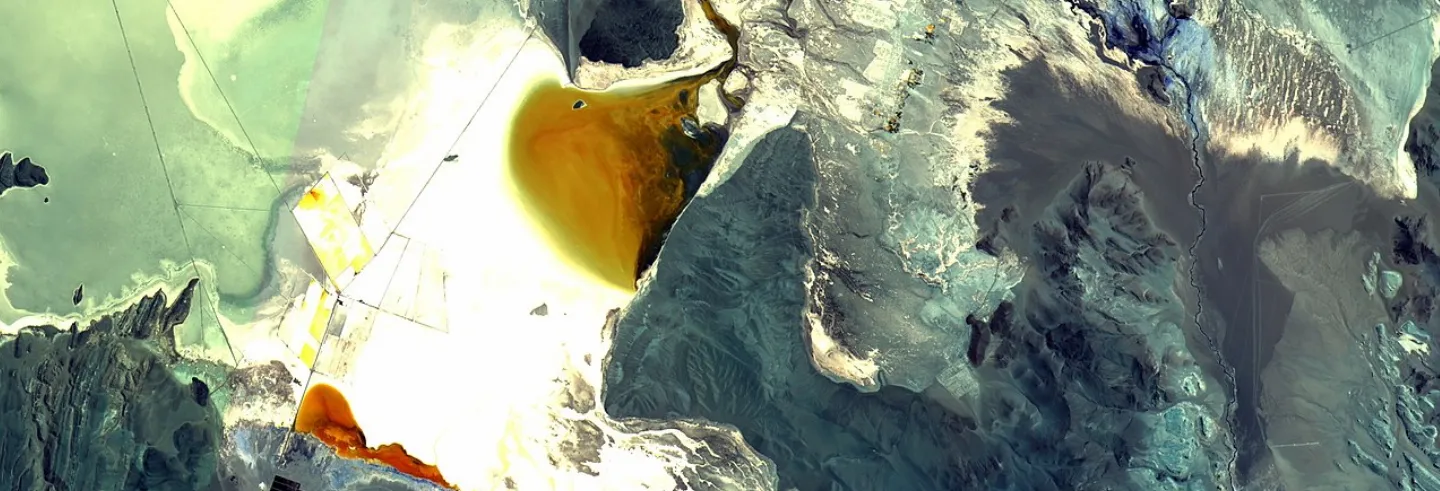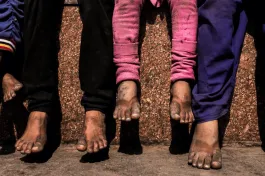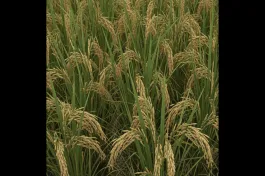The announcement of large-scale lithium deposits in Jammu and Kashmir is seen a global game changer. India could potentially have the fifth largest lithium reserves in the world. If proven, this could boost the domestic electric vehicle and battery manufacturing industry.
Lithium’s importance has grown in the context of climate change and phasing out fossil fuels. It is used in batteries to power electric vehicles and to store energy produced through solar panels and wind turbines. The International Energy Agency (IEA) has predicted that the lithium demand would grow by over 40 times by 2040.
The new find of lithium in India is geopolitically important. Nearly 60% of India’s energy comes from coal. Lithium will be key to the country's ambitious net zero climate pledges and targets for 2070. By 2030, India wants electric vehicles to form 30% of private cars, 70% of commercial cars, 40% of buses and 80% of two and three-wheelers. The bulk of lithium extraction takes place in Chile, Australia, Argentina, China, Bolivia, and Brazil, in order of production. China is the largest consumer of lithium and controls most of the world’s lithium processing facilities as it also controls the electric vehicle manufacturing industries.
The presence of the lithium deposits in the Reasi district of Jammu and Kashmir was first mapped by the Geological Survey of India’s (GSI) reconnaissance surveys in 1999. It took more than two decades for the GSI to make preliminary explorations and estimate 5.9 million tonnes of deposits. While this is a tentative estimate and based on interpretation of geological, geophysical, and geochemical results, given the increased demand for lithium, India is likely to move quickly towards detailed explorations and mining.
However, there are socio-environmental costs of lithium extraction. Open pit mining, processing, refining, storage, and waste disposal depletes ground water; contaminates water sources, soil, and the local environment; and pollutes the air. Mining affects biodiversity as well as the health and livelihoods of the local communities. In many countries from where lithium is being extracted, there are ongoing local protests against it. Indigenous communities in Chile, Argentina, and Bolivia have raised concerns about ecological damage as mining depletes traditional water sources and dries out wetlands. In the US, indigenous communities are against the proposed Thacker Pass mine in Nevada, which has one of the biggest lithium deposits in North America. There were protests in Tibet when a Chinese lithium miner release of toxic waste into a river polluted the water that resulted in mass deaths of fish.
These protests raise questions about whether the global green rush for lithium itself contributes to ecological degradation through an increase in carbon emissions, massive use of water for extraction, mineral waste, and pollution. If lithium is about saving the planet from climate change, it should not come at the cost of destroying fragile ecosystems and harming indigenous people, both integral in the fight against climate change. As the United Nations (IPCC) Intergovernmental Panel on Climate Change has acknowledged in multiple reports, indigenous knowledge and wisdom are important to combat the challenges of climate change.
Before commencing detailed explorations for lithium in Jammu and Kashmir, there should be a socio-environmental impact assessment and environmental cost benefit analysis. These assessments should consider the ecology of the Himalayas. Glaciers are fast melting, and the region is prone to earthquakes, landslides, avalanches, and floods. Considering the importance of the Himalayas, India’s National Action Plan on Climate Change had outlined a separate National Mission for sustaining the local eco-system.
The Himalayas’ ecological vulnerability was on display in Joshimath, where infrastructure projects have contributed to land subsidence. In January, cracks developed in thousands of houses, forcing residents to move out. We should also keep in mind how the uranium and coal mining in Jharkhand and other parts of the county have created documented misery for Adivasis and widespread health impacts for local people.
If we trade water, fragile environments, the Himalayas, and the local people for lithium extraction, we are moving in a tide created by the global electric vehicle industry, rather than solving climate change.
Ajmal Khan A.T is a postdoctoral fellow at the Lakshmi Mittal and Family South Asia Institute, Harvard University and editor of People Against Nuclear Energy: Anti-nuclear Movements in India (Sage, 2022). Views expressed are personal.









